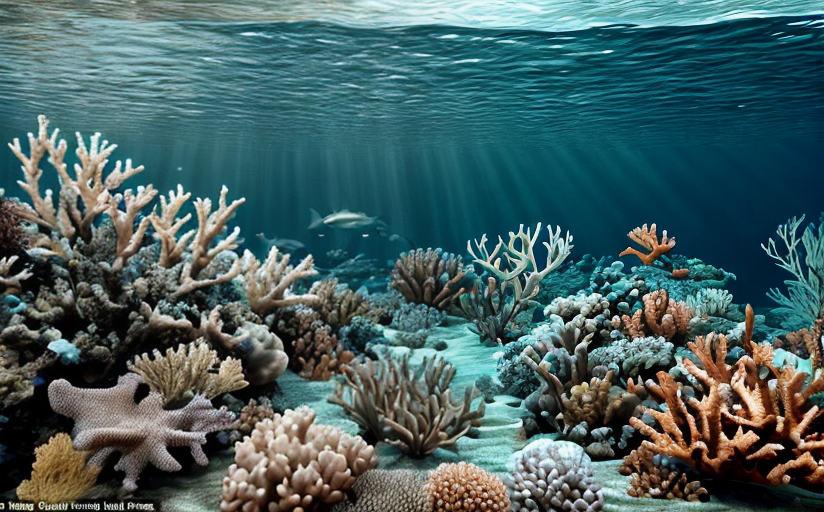Climate Change and Its Effects on Marine Biodiversity
The effect of climate change on marine biodiversity is one that cannot be underestimated, with ramifications spanning across various levels of marine life, right from tiny plankton to large marine mammals. This article delves into how rising sea levels, ocean acidification, increasing water temperature, and melting polar ice adversely impact marine biodiversity. Also, we will evaluate the role of human activities in causing these changes while discussing ways to mitigate their effects, and emphasizing marine ecosystems' importance both to the planet and humanity.
Rising Sea Levels
Increasing global temperatures resulting from climate change are causing the polar ice caps to melt, leading to a rise in sea levels. This trend intrudes upon and destroys crucial coastal habitats like mangroves and wetlands, habitats that countless marine species depend on for survival.
Ocean Acidification
The surge in carbon dioxide levels in the atmosphere initiates ocean acidification. The ocean absorbs about 30% of the CO2 released in the atmosphere leading to a decrease in the pH of seawater. This directly affects marine organisms with calcium carbonate shells or skeletons, such as coral, oysters, and certain plankton species, jeopardizing their survival.
Increasing Water Temperature
As global temperatures rise, so do ocean temperatures. Increased water temperatures place great stress on certain marine species, particularly those adapted to cooler habitats, such as polar species and coral reefs. Prolonged periods of unusually high temperatures can lead to coral bleaching and eventually cause systemic death of these diverse ecosystems.
Melting Polar Ice
Climate change results in rapid polar ice melting, destroying the habitats of species like seals, penguins, and polar bears and affect entire marine food chains. There is also loss of sea ice, which serves as a platform for feeding, mating, and resting for certain species.
The Role of Human Activities
Human activities, primarily the burning of fossil fuels, deforestation, and various polluting practices, have accelerated the process of climate change. While this is disastrous for all ecosystems, marine ecosystems are particularly vulnerable due to their sensitivity to changes in temperature and pH levels.
Consequences of Disruption in Marine Biodiversity
Disruptions in marine biodiversity lead to decrease in fish stocks affecting the livelihood of millions relying on fishing. It also impacts tourism industries dependent on healthy coral reefs and other marine ecosystems. Furthermore, any imbalance within an ecosystem can have far-reaching consequences, potentially destabilizing entire global systems.
Current Scientific Findings and Potential Mitigation Strategies
Recent research emphasizes the importance of reducing greenhouse gas emissions and protecting our natural habitats. These and other strategies, such as sustainable fishing, practicing regenerative agriculture, and large scale reforestation, can help slow down the pace of climate change and reduce its impacts on marine ecosystems.
Significance of Marine Ecosystem
Marine ecosystems play a critical role in maintaining the planet's health by acting as its largest carbon sink, absorbing more carbon dioxide than our forests. They regulate our climate, supply food, generate oxygen, and even act as a source for potential medicines. The health of our marine ecosystems is not just a wildlife conservation issue, but one crucial to human survival.


















Comments
Leave a Comment